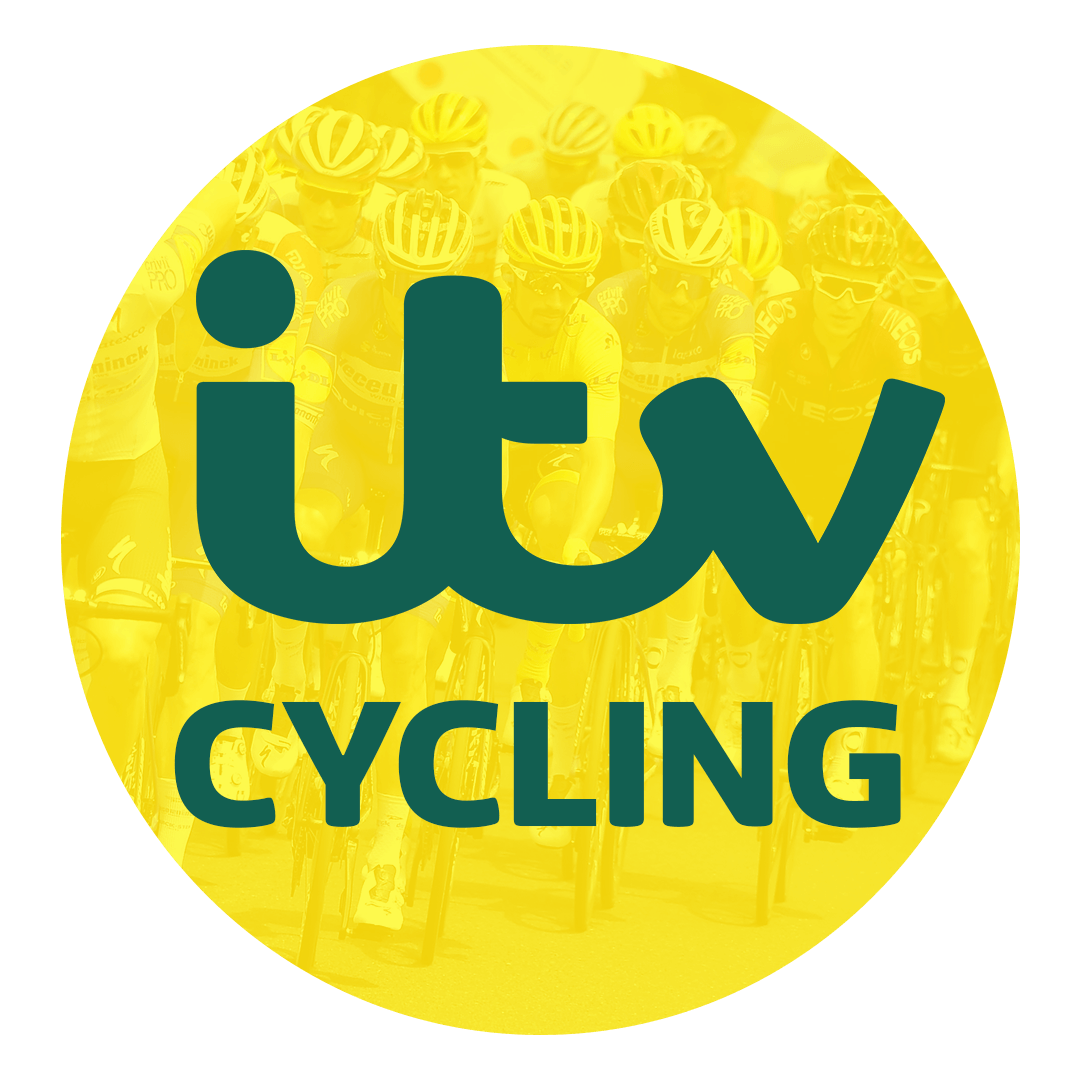Cavendish "incredibly proud" to wear yellow
Mark Cavendish added the missing piece to his collection of cycling's most prestigious jerseys as victory on the opening stage of the Tour de France put him in yellow.
Having been put in the shade by rival sprinters Marcel Kittel and Andre Greipel in recent Tours, the Manxman was considered an outsider for victory at Utah Beach.
But he silenced his critics as he burst past world champion Peter Sagan in the final metres to collect one of the most satisfying of his 27 Tour stage wins to date - and the famous maillot jaune.
"Winning any stage of the Tour de France is a life-changing moment but this is the first time I've had the honour of wearing the most iconic symbol in cycling - the yellow jersey," said Cavendish, who was keen to use the moment to highlight the Qhubeka charity supported by his team.
"I'm incredibly proud to do it and to do it for Team Dimension Data. We ride for more than a sponsor, we ride for a cause, for a charity and to put 5,000 kids on bikes and there's no better way to highlight that cause than to wear this beautiful jersey."
The 31-year-old had worn the world champion's rainbow jersey, the race leader's jersey in the Giro d'Italia and Vuelta a Espana, and the points leader's jersey in all three Grand Tours, but yellow eluded him until now.
He had opportunities in 2013 and 2014, but a puncture cost him in Corsica three years ago and, even more painfully, he crashed in his mother's home town of Harrogate during Yorkshire's Grand Depart 12 months later.
This time there was no mistake as Cavendish used his years of experience to time his move in changing winds on the Normandy coast.
Cavendish's former team Etixx-QuickStep, now riding for Kittel, and Greipel's Lotto-Soudal squad had led the peloton throughout a nervous day, hoovering up the day's break six kilometres before the end of the 188km stage from Mont St Michel and jockeying for position on the straight run towards the coast.
But it was disorganised and chaotic at the front, giving Cavendish his chance.
Tinkoff's Sagan made his move first but Cavendish grabbed his wheel and waited as Kittel drew alongside.
"Fortunately Sagan left a gap on the left," Cavendish said. "When Kittel reached maximum speed I knew I had something left and I carried it to the line. I was hoping no one would slingshot around me and when I saw the line coming it felt great."
It came at the end of an often nervous stage, which saw general classification hopeful Alberto Contador hit the deck on the exit of a roundabout, collecting some nasty-looking injuries which required treatment from the race doctor once he had executed a deft manoeuvre to change a shoe without stopping.
"It's not the best way to start," Contador said. "I'm bruised all down along my right side from my ankle up but at least I don't have to go home. Hopefully I can get through the coming days and recover before the mountains."
Sky's Luke Rowe was caught in that incident but emerged unscathed, as did Geraint Thomas who fell in a crash on the home straight.
Irish sprinter Sam Bennett was not so lucky as he was taken to hospital for x-rays after being caught in the same incident.
Cavendish's win leaves him only one behind five-time Tour winner Bernard Hinault for second on the all-time list.
Where victories once came in bunches for Cavendish - who won 16 Tour stages between 2009 and 2011 - they have been harder to come by lately.
He won twice in 2013, crashed out on the opening stage of 2014, and raised his arms in victory only once last year as German duo Kittel and Greipel took over as the dominant forces.
But if anyone felt it was time to write Cavendish off, the nature of his victory here proved otherwise.
"This is my 10th Tour de France," he said. "Since the beginning I've had pressure to win. I don't know anything different. Ever since 2008 it's supposedly been the end of me. It's just something to talk about."
If anything, there were extra questions over Cavendish's form this time around as he has spent much of the season preparing to race on the track at the Rio Olympics next month - with few, including Cavendish, sure how it would affect his performance in the Tour.
The early results are promising.
"We'll have to see," he said. "The track builds your strength but not your endurance and the Tour de France is a 3,500 kilometre race. I might burn up and be the first to be dropped tomorrow, but we'll see."
